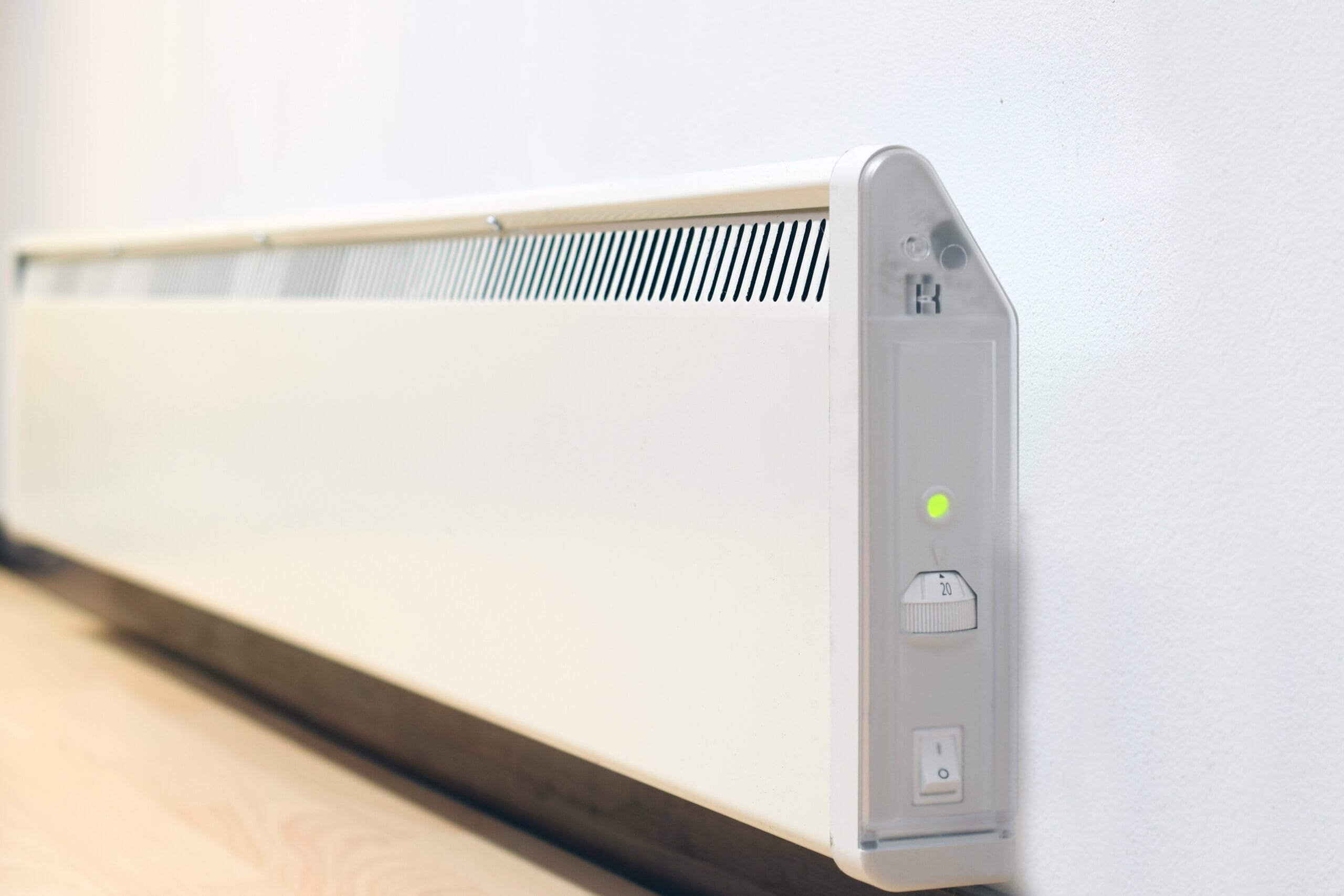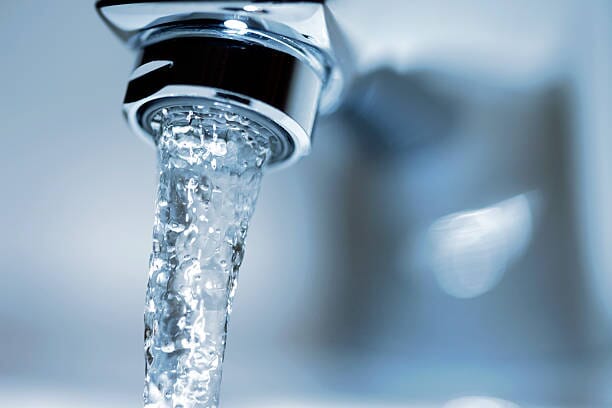
Electric heating is cheap and efficient. Why doesn’t SAP reflect this?
Regulatory Updates
Electric heating is cheap and efficient. Why doesn’t SAP reflect this?
If you have ever tried to meet the Target Emission Rate in SAP by installing panel or storage heaters in a home, you’ll know compliance is extremely difficult, and will usually result in PV panels being required.
But if panel heaters are cheap to buy, 100% efficient to run and require zero to low maintenance, why doesn’t SAP like them?
It’s because SAP is looking at the bigger picture. Panel heaters may be 100% efficient on site, but not when you take into account the energy losses and the fossil fuels used in our aging power stations, the inefficiencies of our nation’s pylon networks.
The environmental impact of creating a fuel and transporting it to your home is included in the SAP calculation… and this method makes electricity the least efficient fuel available to us; creating more CO2 per kilowatt than oil, gas and LPG, even coal.
Changing to a greener energy tariff will make no difference to the SAP or EPC results. The methodology is based on how we create electricity as a nation… currently green energy is only around 20% of the total mix – more than half of our domestic energy supply is from gas and coal.
Because of these penalties in the assessment, if you want to use electric panel heaters in your home, you need to offset the extra CO2 which is being created in providing your home with electricity. Creating your own energy (such as with photovoltaic panels) is a great way of offsetting. Including extra insulation means less energy is required for heating, so that helps as well.
As the UK continues to decommission fossil fuel power stations and invests more in solar and wind farms, the CO2 levels associated with electricity will gradually drop, and one day will become a better solution than using gas heating, but we’re many years away from this point.





